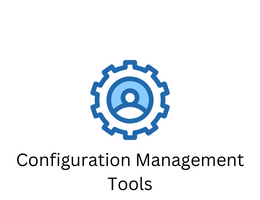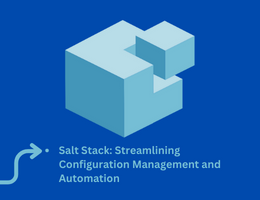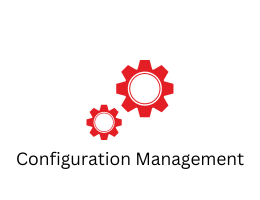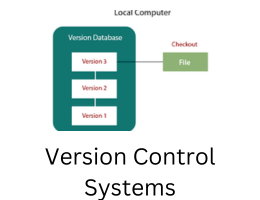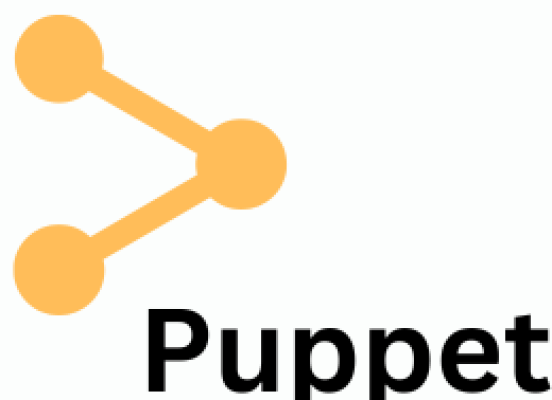
Understanding Puppet: A Guide to Automating IT Infrastructure
- By admin --
- Thursday, 13 Apr, 2023
Puppet is a configuration management tool that allows system administrators to automate the deployment, configuration, and management of servers and applications across multiple operating systems and environments.
Puppet uses a declarative language to define the desired state of a system or application, and then automatically enforces that state across all servers in a given infrastructure. This enables administrators to easily manage complex systems at scale, ensuring that all systems are consistently configured and operating as expected.
Puppet is used by a wide range of organizations, from small startups to large enterprises, to manage their IT infrastructure, automate software deployment, and improve overall system performance and reliability.
Puppet is a powerful tool that simplifies the management of large and complex IT infrastructures. Here are some of the key features and benefits of Puppet:
-
Declarative language: Puppet uses a declarative language to define the desired state of a system or application. This means that administrators simply describe what they want the system to look like, and Puppet takes care of the details of implementing and maintaining that state.
-
Automation: Puppet automates the deployment, configuration, and management of servers and applications, freeing up administrators to focus on other tasks.
-
Cross-platform support: Puppet works with a wide range of operating systems and environments, including Linux, Windows, and macOS.
-
Scalability: Puppet is designed to manage large and complex infrastructures, making it ideal for organizations with hundreds or even thousands of servers.
-
Consistency: Puppet ensures that all systems are configured and managed in a consistent way, reducing the risk of errors and improving overall system reliability.
-
Modular architecture: Puppet's modular architecture allows administrators to easily extend and customize the tool to meet their specific needs.
-
Reporting and auditing: Puppet provides detailed reporting and auditing capabilities, giving administrators visibility into the state of their infrastructure and enabling them to quickly identify and resolve issues.
Overall, Puppet is a powerful tool that enables organizations to manage their IT infrastructure more efficiently and effectively, while also improving system reliability and reducing the risk of errors.

